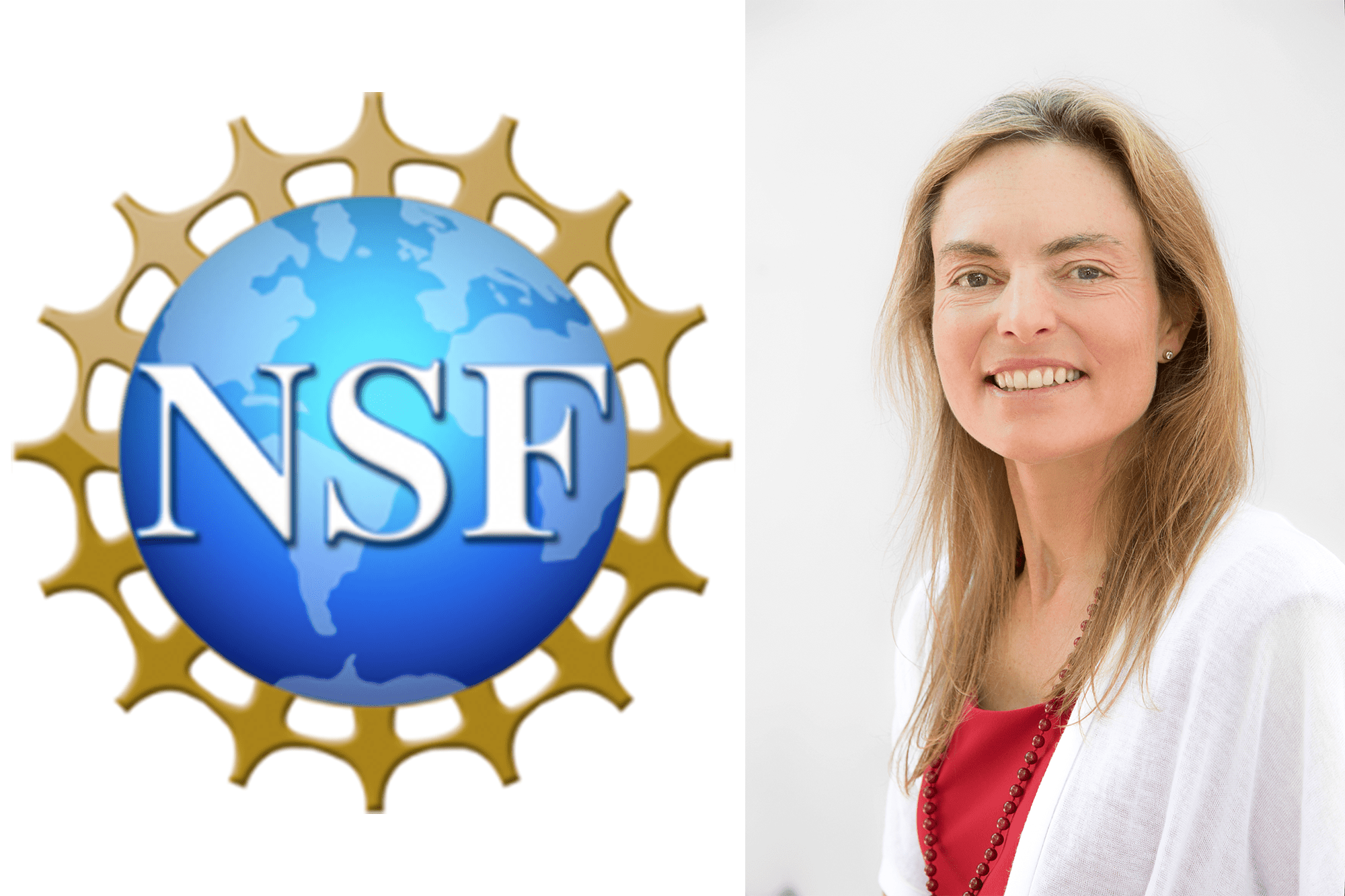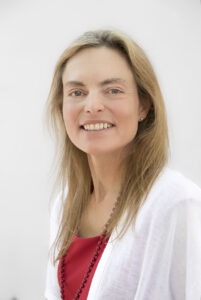
The National Science Foundation has announced a 2-to-4-year appointment of the University of Utah’s M. Denise Dearing as Division Director for the NSF’s Division of Integrative Organismal Systems, effective August 15.
The Division of Integrative Organismal Systems (IOS) is one of four divisions within the Directorate of Biological Sciences at the NSF. The Division Director provides vision and leadership, and contributes to NSF’s mission by supporting fundamental research to advancing our understanding of organisms as integrated units of biological organization. The Division Director also provides guidance to program officers and administrative and support staff, and assesses needs and trends, develops breakthrough opportunities, implements overall strategic planning, and policy setting.
Both the NSF and the University of Utah are supportive of Dearing continuing to participate in her on-going research program and provide mechanisms and resources to enable the research in her group to continue and advance during her time at the NSF. The statement from the Directorate is here and appears below:
August 15, 2022
The Directorate for Biological Sciences (BIO) is pleased to welcome Dr. Denise Dearing to BIO as the new Division Director in our Division of Integrative Organismal Systems (IOS). Dr. Dearing joins us from the University of Utah where she is a Distinguished Professor and was previously the Inaugural Director of the School of Biological Sciences, and Chair of the Department of Biology before that.
Dr. Dearing’s research focuses on the ecology and evolution of dietary specialization in mammalian herbivores. In that work, she has trained dozens of postdoctoral fellows, graduate students, and undergraduates. She and her lab seek to understand the physiological, microbial and behavioral mechanisms used by herbivores to metabolize or circumvent dietary toxins. Her past NSF funding includes a postdoctoral fellowship; awards from IOS, including a CAREER award and other grants for work in nutritional ecology and disease ecology from multiple BIO divisions.
In her new role, Dr. Dearing will lead IOS in supporting the research community in advancing our understanding of organisms as integrated units, including in how they behave, develop, and interact with a changing environment.
We thank Dr. Michelle Elekonich for her service as Acting Division Director for IOS over the past year and more, and both Dr. Charles Cunningham and Dr. Edda “Floh” Thiels for serving as Acting Deputy Division Director while Dr. Elekonich took on her interim role. All of their work in guiding IOS during this transition is greatly valued and appreciated.
Please join us in welcoming Dr. Dearing.
More About M. Denise Dearing
 Dearing is Distinguished Professor in Biology at the University of Utah and a two-term former chair of the department which was made a School in 2018 after which she became director. The research in the Dearing lab focuses on understanding how small mammals overcome challenges related to diet and disease. “Our work draws on approaches from many disciplines (e.g., physiology, ecology, pharmacology, genetics, biochemistry, ethology) and combines field and laboratory studies,” says Dearing whose research website features three current projects: Understanding the genetic underpinnings that enable ingestion of poisonous diets; Investigating the role of gut microbes in facilitating the ingestion of dietary toxins; and Rules of Resilience: Modeling impacts of host-microbe interactions during perturbations.
Dearing is Distinguished Professor in Biology at the University of Utah and a two-term former chair of the department which was made a School in 2018 after which she became director. The research in the Dearing lab focuses on understanding how small mammals overcome challenges related to diet and disease. “Our work draws on approaches from many disciplines (e.g., physiology, ecology, pharmacology, genetics, biochemistry, ethology) and combines field and laboratory studies,” says Dearing whose research website features three current projects: Understanding the genetic underpinnings that enable ingestion of poisonous diets; Investigating the role of gut microbes in facilitating the ingestion of dietary toxins; and Rules of Resilience: Modeling impacts of host-microbe interactions during perturbations.
Dearing earned her B.S. in Biology from Eastern Connecticut State University, 1985 an M.S. in Biology from the University of Vermont in 1988, and a Ph.D. in Biology from the University of Utah in 1995. She served as Associate Dean, College of Science between 2012 and 2014.
Among her awards and honors are the 2018 Joseph Grinnell Award (American Society of Mammalogist); the 2014 C. Hart Merriam Award (American Society of Mammalogists); a 2008 Graduate Student and Postdoctoral Scholar Distinguished Mentor Award; and a 2008 Distinguished University Teaching Award (University of Utah). She was elected in as a 2021 fellow to the American Association for the Advancement of Science.
